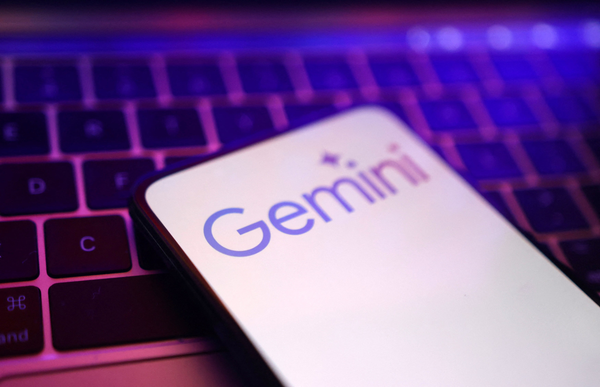By Danial Dzulkifly
SHAH ALAM, Feb 14 — The Selangor state government is looking to develop its own artificial intelligence (AI) model using real-time data to reduce reliance on foreign technology companies while ensuring that data sovereignty remains intact.
State executive councillor for Islam and innovation Dr Fahmi Ngah said the state administration recently approved the training of its civil servants in the use of Google’s advanced AI tools powered by Gemini to improve public service delivery.
He stated that the state must adopt a cautious and pragmatic approach in both developing and utilising AI, ensuring it does not become overly dependent on a single platform or solution.
[caption id="attachment_362499" align="aligncenter" width="1024"] State executive councillor for Islam and innovation Dr Fahmi Ngah speaks during an interview with Media Selangor at the Sultan Salahuddin Abdul Aziz Shah building, Shah Alam, on June 28, 2024. — Picture by FIKRI YUSOF/SELANGORKINI[/caption]
State executive councillor for Islam and innovation Dr Fahmi Ngah speaks during an interview with Media Selangor at the Sultan Salahuddin Abdul Aziz Shah building, Shah Alam, on June 28, 2024. — Picture by FIKRI YUSOF/SELANGORKINI[/caption]
“Whatever AI we’re using, whether it’s Google’s Gemini model or something else, it’s still our data feeding the AI, making it more intelligent.
“So, what’s in it for us? That’s my concern. My approach to Gemini is to experiment with its impact on selected daily processes.
“But if it involves government data, I want to build some infrastructure to develop our own local AI models specifically for government use, using government data.
“We would maintain it and have our own infrastructure rather than just being a user,” he said.
Fahmi cautioned against over-reliance on foreign AI platforms, drawing an analogy to Microsoft’s software licensing model.
“It’s like using Microsoft, do you really own the software? If, for example, what if someone decides to flick the switch off tomorrow, then what?” he said.
Meanwhile, Fahmi said the state government is also considering higher land premiums for data centres in Selangor, moving away from the current conventional charges applied broadly across industries.
He said there is a need to study the economic spillover effects of these centres and, at the very least, require them to allocate a small portion of their servers for the Selangor state administration’s use.
“Last year, I told our land and mines office (PTG) to study whether land premiums for data centres should be the same as those for an ordinary biscuit factory. At the moment, they are.
“So, should we take a bit more from these companies? And if they set up a base here, can we make it a condition that some of their storage capacity must be allocated for us?
“Either the increase in premium is offset by storage capacity at the data centre, or we take additional premiums, or we do both,” he said.
Fahmi said that additional data storage could accelerate the adoption of cloud solutions for government services.
“In this age of AI, you definitely need cloud storage. If we do this, we will have a network of distributed storage across the state, which I think is brilliant.
“It would be similar to a blockchain distributed ledger network rather than relying on specific data centres. This means we can transition to the cloud much faster,” he said.
Recently, nearly half a million Malaysian civil servants, or 445,000 officials, were announced as having been given access to Google’s Gemini to improve their public delivery services.
The programme, dubbed AI at Work 2.0, will provide civil servants with generative AI capabilities following a successful pilot programme launched in December alongside Malaysia’s National AI Office.




